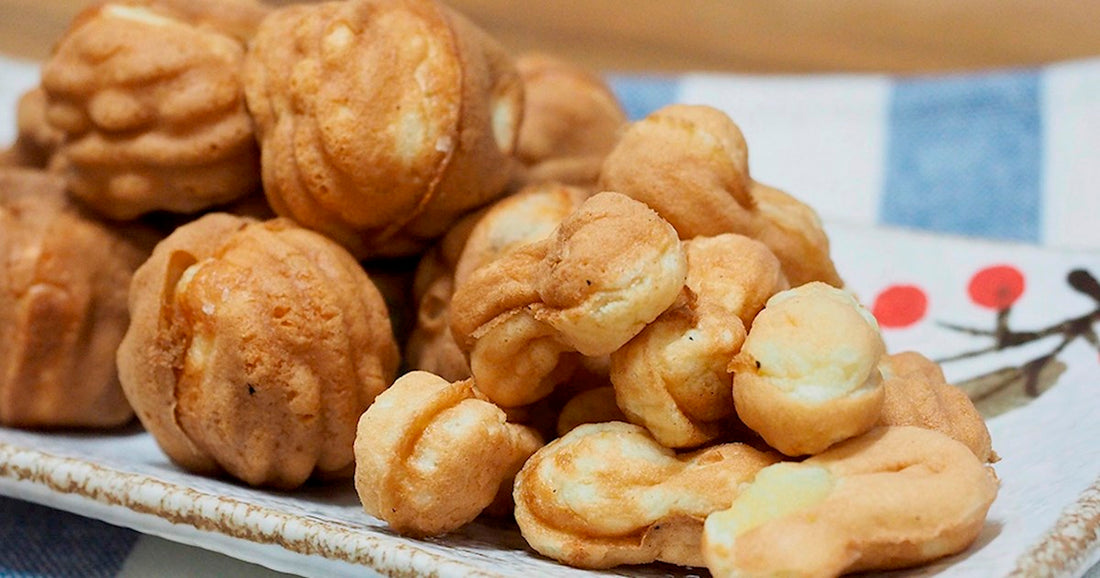
Discover Why Cheonan Is Emerging as South Korea’s “Bread Capital”
Daebak InternsShare
A City Rising on the Aroma of Freshly Baked Bread
The city of Cheonan in South Chungcheong Province is staking its claim as the “bread capital” of South Korea. The recent 2025 Bbangbbang Day Festival drew more than 290,000 visitors to witness what makes this city a standout in the country’s bakery culture.
Held over a weekend, the festival blended artisan baking, interactive workshops, local produce markets, and immersive food-tourism experiences. What’s notable is how the city’s bread scene isn’t just about the product, it’s about community, agriculture, and creativity.

From Hodu Gwaja Origins to a Thriving Bake Culture
Cheonan’s baking story begins with the creation of hodu gwaja (walnut pastries) in 1934, using walnuts grown locally. That humble origin has helped build a legacy: today the city boasts one of the largest concentrations of bakeries outside Korea’s major metropolitan areas.
What Sets Cheonan’s Bread Scene Apart
- Local Produce Integration: Cheonan is emphasising the use of local agricultural ingredients (walnuts, pears, grapes) in bakery goods. The festival showcased this through edible art and tasting experiences.
- Bread as Tourism & Culture: It’s not just about eating bread workshops, exhibitions, drone light shows, and family-oriented events created a food-tourism atmosphere.
- Community & Economic Link: The city sees the bread culture as part of its identity and economy. According to acting Mayor Kim Seok‑pil: “We hope even more people will discover Cheonan’s flavor and heart through its bread.”

Why This Matters to Foodies & Travellers
For travellers based in or visiting Seoul (or anywhere in Korea), Cheonan offers a lesser-known but delightful detour:
- Experience bakery culture beyond the usual chain cafés.
- Taste regional specialties rooted in local agriculture.
- Participate in hands-on food experiences rather than just consuming.
- Discover a regional city evolving its identity via its food scene.
Travel Tips for Visiting Cheonan’s Bread Scene
- Timing: Although the main festival is annual, many artisan bakeries in Cheonan operate year-round, so you can visit outside festival dates too.
- Try the specialties: Hodu gwaja is a must. Also look for rice-based loaves or bakery items made with pears/grapes grown in the region.
- Explore neighbourhood bakeries: Rather than sticking to big names, wander into smaller local bakeries to find unique offerings.
- Combine with local produce: Visit local markets alongside bakeries to get a sense of how agriculture and baking are interlinked in Cheonan.
- Getting there: From Seoul, Cheonan is reasonably accessible, which makes it convenient for a day-trip or weekend outing.
